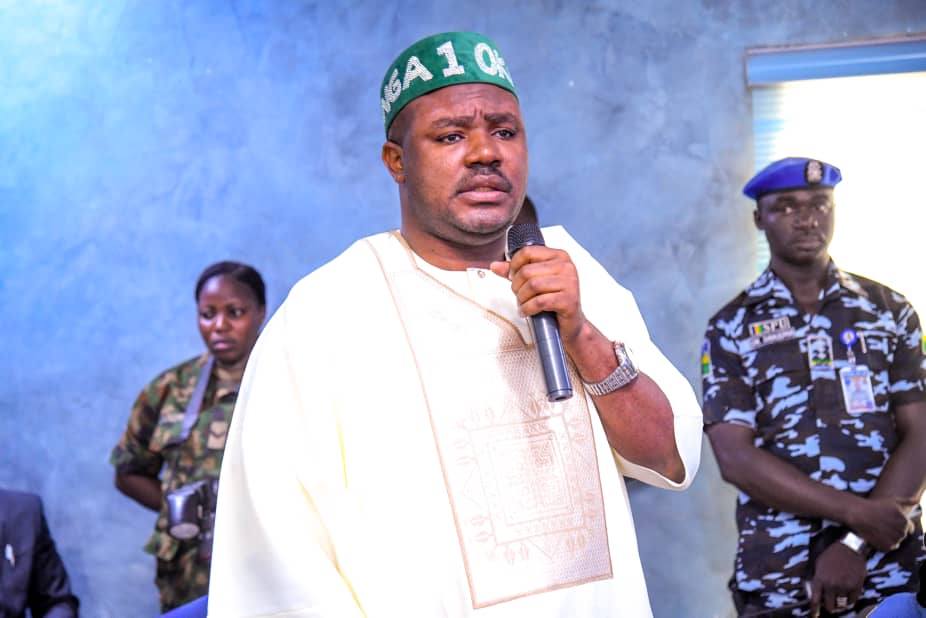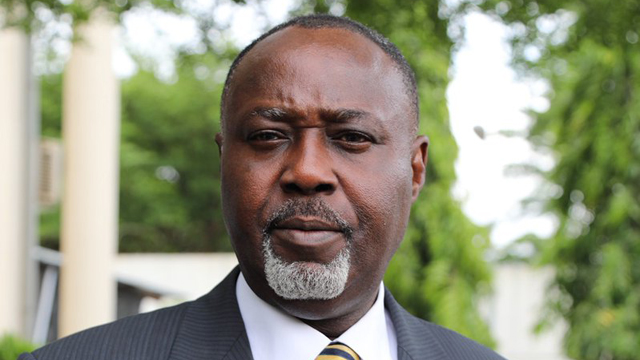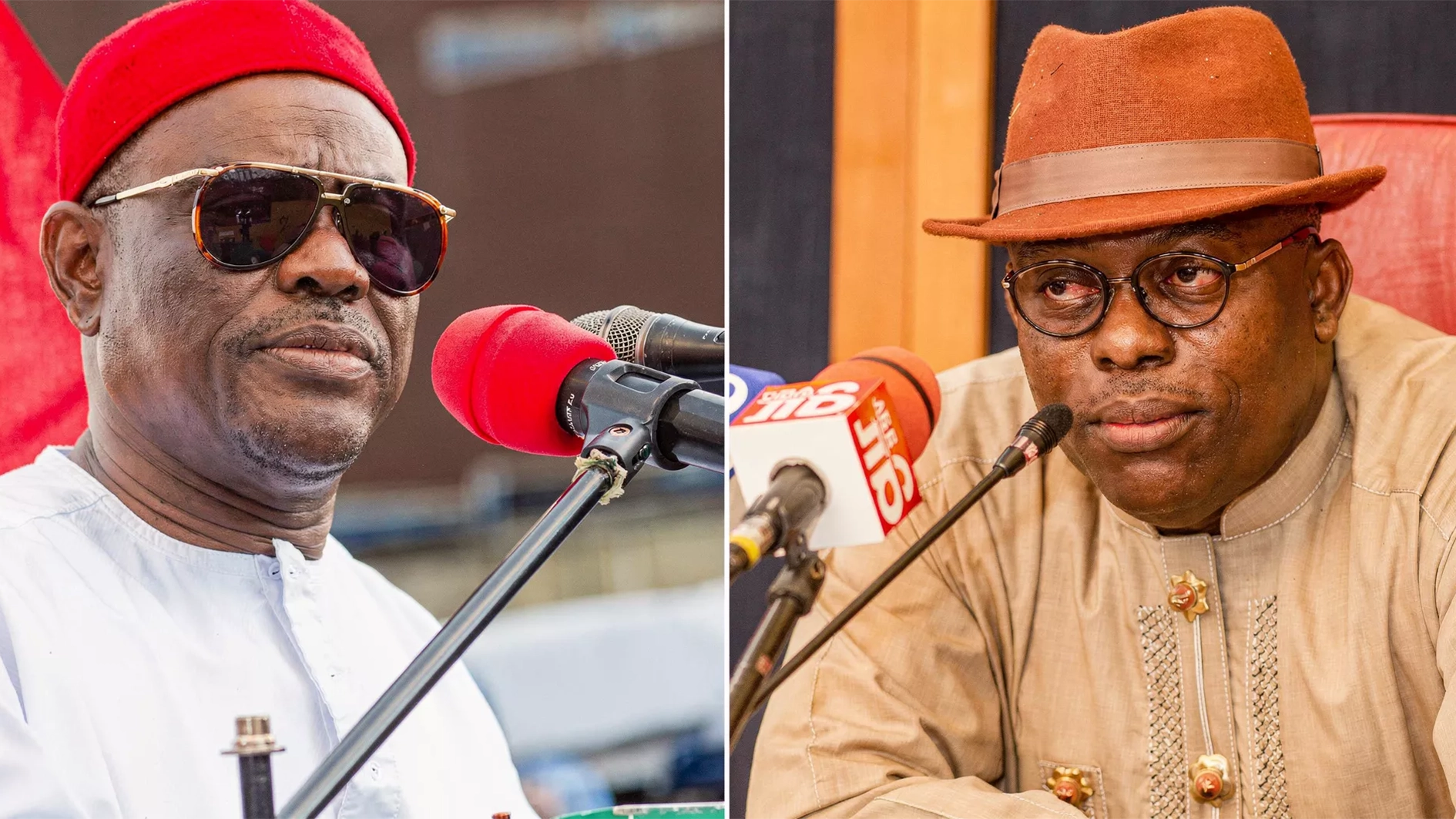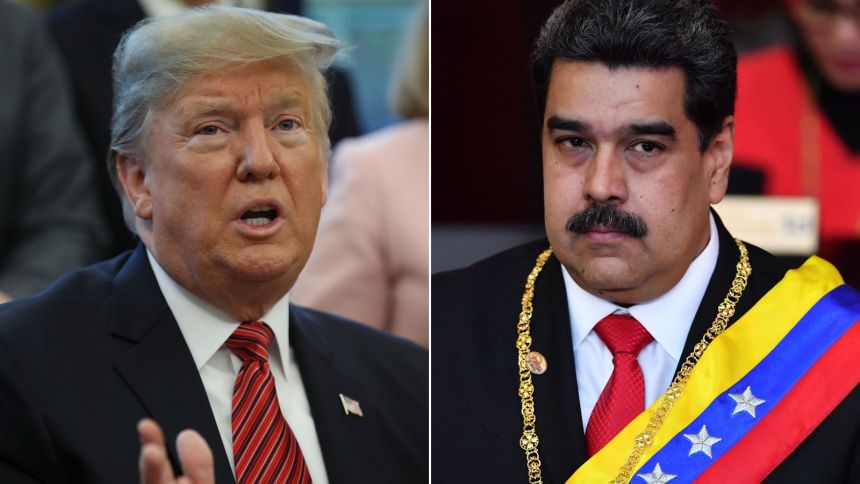
No fewer than 66 members of the House of Representatives have kicked against the move to establish the Nigerian Marine Corps.
The Nigerian Maritime Administration and Safety Agency (NIMASA), Nigerian Shippers Council, and several Civil Society Organisations (CSOs) also flatly rejected the idea at a public hearing held on Monday at the National Assembly.
The deputy spokesperson of the House, Hon. Philip Agbese, who spoke on behalf of the lawmakers, contended that the Bill would lead to the duplication of functions, if allowed to scale through.
Known as a Bill for an Act to Establish the Nigerian Marine Corps to Promote Maritime Security (HB 225), the Bill, sponsored by Rep. Alex Egbona (Cross River), passed second reading on the floor of the House on Thursday, November 30, 2023, and was referred to the House Committee on Navy for a public hearing.
The Bill seeks to create a new federal body tasked with maritime law enforcement and defence responsibilities traditionally managed by the Nigerian Navy and other existing agencies, such as NIMASA.
Agbese, representing Ado/Okpokwu/Ogbadibo Federal Constituency, argued that there is a need to avoid the creation of unnecessary or duplicative structures within government agencies.
“Acting under the mandate to promote efficient governance and resource management, we hereby call for the total and complete rejection of the bill proposing the establishment of the Nigerian Marine Corps,” he said.
“It is our contention as Members of this legislative body that the creation of this new entity would only result in significant overlap, redundancy, and logistical strain, creating operational inefficiencies and imposing unwarranted financial demands on the government.
“The proposed Act outlines the creation of a maritime enforcement agency charged with enforcing or assisting in the enforcement of federal laws on, under, and over Nigeria’s high seas and other waterways, Exclusive Economic Zone (EEZ) and required to maintain a state of readiness to function as a specialised service within the Nigerian Navy in times of war. This proposed body raises multiple operational, economic, and strategic concerns, particularly in the areas of jurisdictional conflicts, wartime readiness, legal authority, and environmental management.
“We have thoroughly examined this bill and its objectives and we assert that the establishment of a Nigerian Marine Corps is both redundant and counterproductive, given the existing roles, mandates, and capacities of the Nigerian Navy and other maritime agencies.
“We therefore firmly and unequivocally call for the total defeat of the bill and a recommendation for its immediate withdrawal, while highlighting the compelling need to prioritise efficiency, fiscal responsibility, and coherent maritime governance.”
On its part, the Nigeria Police Force described the Bill as ill-advised, stressing that it does not only lead to the duplication of duties, which a section of the Force is currently undertaking, but it would result in the proliferation of maritime security outfits and tantamount to a parallel unit of the armed forces of Nigeria.
“The proposed Nigerian Marine Corps, while well-intentioned, has the potential to create more problems than it solves. A more prudent approach would be to strengthen existing agencies and optimise their capabilities to ensure effective maritime security. By streamlining existing structures and fostering inter-agency cooperation, Nigeria can enhance its maritime security capabilities without incurring unnecessary costs or creating additional bureaucratic hurdles,” said SP Nandom Vongjen, Staff Officer Marine Section, who represented the Police Force.
In their separate submissions, the Chief of Training & Operations of the Nigerian Navy, Rear Admiral Olusegun Ferreira; Coordinator, NIMASA, Abuja Zonal Office, Mrs. Moji Jimoh; and Director, Legal Services, Nigerian Shippers Council, Mr. Bala Saleh, underscored the need to strengthen the already existing agencies, rather than creating new ones, which could pose more security threats to the nation.
All the members of the Civil Society Organisations who attended the public hearing spoke against the Bill, urging the House to kill the Bill during the third reading, describing it as unnecessary.
Those who spoke on behalf of the CSOs include Abdullahi Bilal, Spokesman for Security Analysts & Research Forum in Africa; Okwa Daniel, Executive Director, Centre for Social Justice, Equity & Transparency; Daniel Momoh Prince, National President, Nigerian Unemployed Youth Association; Igwe Ude-Umanta, Convener, Coalition of Civil Society Organisations on Economic Watch; Opialu Fabian, Executive Director, Centre for Human Rights & Advocacy in Africa Network, amongst others.
While adjourning the hearing, Chairman of the House Committee on Navy, Hon. Yusuf Gadgi, assured Nigerians that due diligence would be done in carrying out legislative actions on the Bills, saying the Committee was an impartial body and, as such, would not take sides in doing its work.






